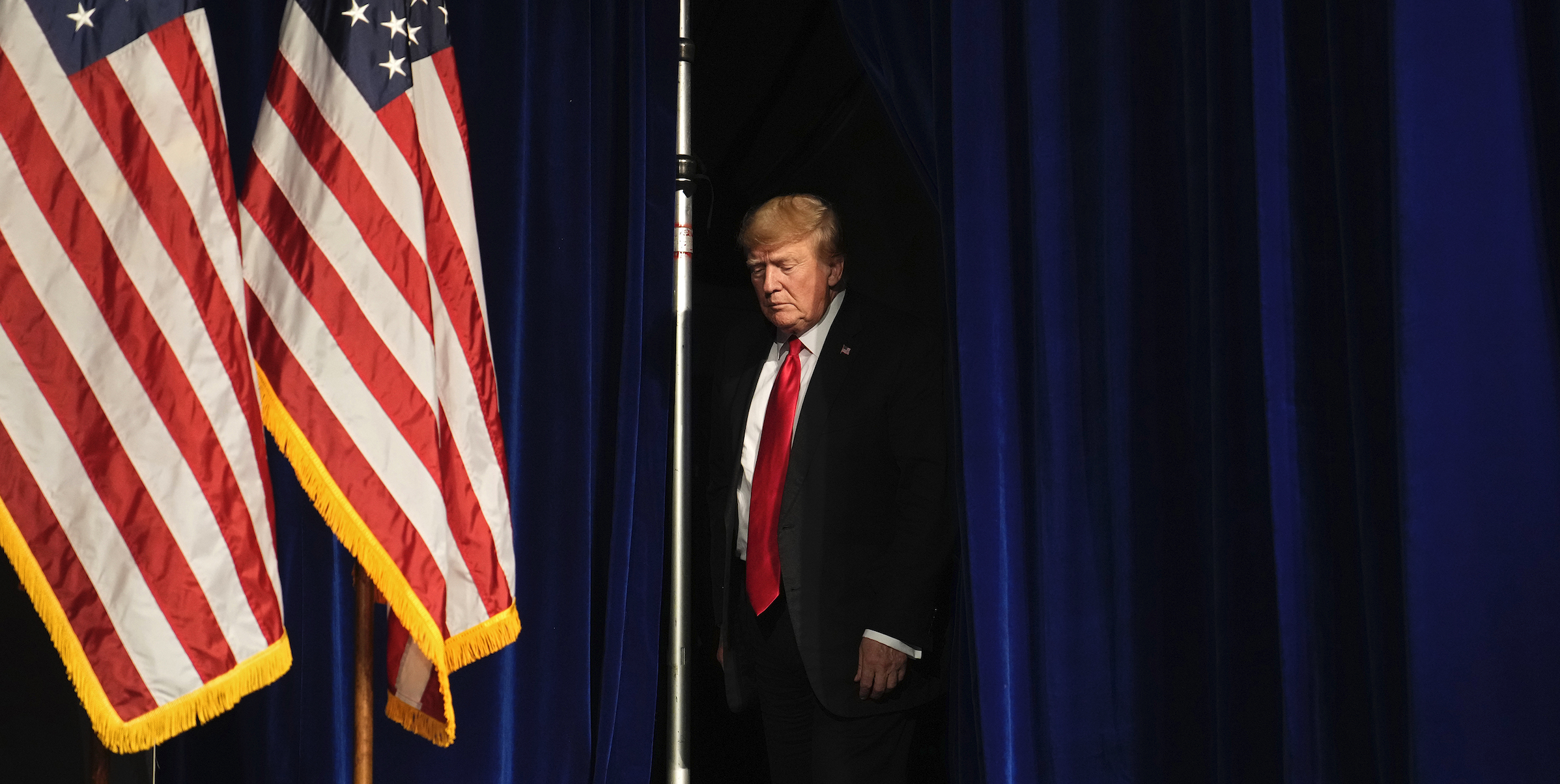Sign up for the daily CJR newsletter.
To understand Donald Trump, journalists and historians should look closer to home than World War II–era Germany and Italy, said Jamelle Bouie, an opinion columnist at the New York Times. “America has its own homegrown history of what you might describe as fascistic tendencies,” he said. “And those are much more useful grounding points in understanding what Trump is.”
On Wednesday, Bouie participated in a panel discussion at the Columbia Graduate School of Journalism called “Is Trump a Fascist and Does It Matter?” The other panelists included Moira Weigel, a professor of communications at Northeastern University, and Corey Robin, a professor of political science at Brooklyn College and the CUNY Grad Center. The event was part of the Delacorte lecture series and was moderated by Keith Gessen. It was sponsored by the Delacorte Center for Magazine Journalism and the Ira A. Lipman Center for Journalism and Civil and Human Rights.
The conversation focused on what Bouie termed “continuities and discontinuities” between the MAGA movement and the legacy of American conservatism. Robin argued that the term “fascism” overstates how remarkable Trump’s following is in terms of scale and efficacy: “The fascism discourse reinforces the idea that Trump is responding to these vast unspoken desires among the great racist majority.” But, he said, “they are a minoritarian movement.” Racism, Robin also pointed out, is certainly not a new feature of American conservatism.
Weigel commented on the way conservatism in the Trump era plays on classic tropes, like emphasizing “traditional” gender roles and romanticizing the idea of the small-business owner. “It’s like a return to the past,” she said. “But it’s so performative and exaggerated that it’s not a continuity. It’s a reinvocation.”
The panelists did not get very far in answering the titular questions. But they did reflect on the significance of the fact that the conversation is ongoing, more than nine years on from the day the future president descended the escalator in Trump Tower and announced his candidacy.
“It is remarkable to me that Trump still has this relevance in American political life,” Bouie said. “There’s a palpable exhaustion with his presence.”
Has America ever needed a media defender more than now? Help us by joining CJR today.







